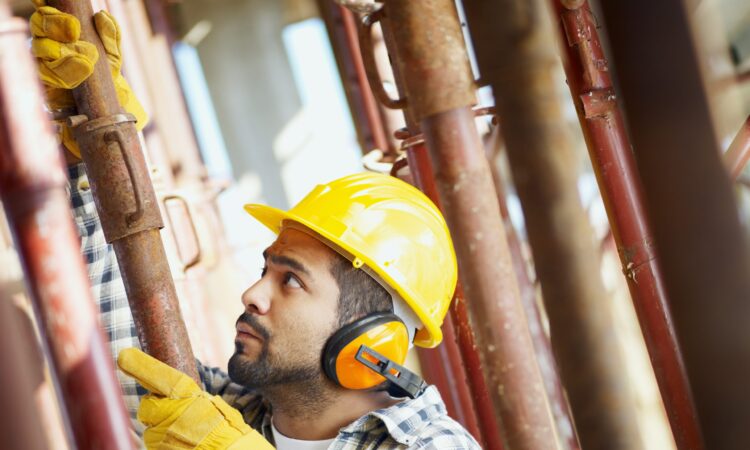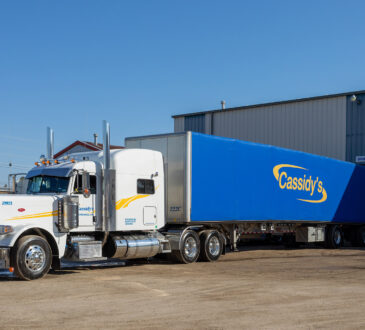
Construction workers play a vital role in building our cities, homes, and infrastructure. While their work is essential, it comes with a unique set of challenges and concerns. Let’s delve into the primary concerns of construction workers and how these issues impact their daily lives and overall well-being.
Safety on the Job Site:
Safety is a paramount concern for construction workers. The nature of construction work exposes them to various hazards, including falls, heavy machinery accidents, and exposure to hazardous materials. Ensuring a safe working environment through proper training, adherence to safety protocols, and regular inspections is crucial for preventing accidents and injuries.
Job Security and Stability:
Job security and stability are significant concerns for construction workers, particularly in an industry prone to fluctuations in demand and economic downturns. Temporary layoffs, project cancellations, and seasonal work can create uncertainty about future employment opportunities. Access to steady work and reliable income is essential for the financial well-being of construction workers and their families.
Unbiased Management and Faithfulness
Nan Inc., despite being an established construction company, can encounter legal obstacles, emphasizing the crucial need for equitable treatment and adherence to labor laws within the construction sector. The Nan Inc Lawsuit serves as a prime example, emphasizing the importance of addressing issues concerning workplace safety, fair remuneration, and job stability to minimize legal liabilities and uphold a favorable standing.
Fair Wages and Compensation:
Fair wages and compensation are fundamental issues for construction workers, who often perform physically demanding and skilled labor. Ensuring that workers receive equitable pay for their contributions and expertise is essential for maintaining morale and retaining skilled professionals in the industry. Fair compensation also reflects the value of construction work in building thriving communities.
Healthcare Benefits and Insurance Coverage:
Access to healthcare benefits and insurance coverage is critical for construction workers, who face occupational risks and potential injuries on the job. Comprehensive healthcare coverage, including medical, dental, and disability insurance, provides financial protection and peace of mind for workers and their families. Employer-sponsored benefits and safety programs contribute to the overall well-being of construction workers.
Work-Life Balance:
Achieving a healthy work-life balance can be challenging for construction workers, who often work long hours, irregular schedules, and weekends to meet project deadlines. Balancing work commitments with personal and family responsibilities is essential for reducing stress, preventing burnout, and maintaining overall well-being. Flexible work arrangements and support for personal time off contribute to a better work-life balance for construction workers.
Career Advancement Opportunities:
Career advancement and professional development opportunities are important considerations for construction workers seeking to grow their skills and progress in their careers. Access to training programs, certifications, and opportunities for advancement within the company enables workers to expand their knowledge, take on leadership roles, and pursue long-term career goals.
Respect and Recognition:
Respect and recognition for their contributions are essential for the morale and job satisfaction of construction workers. Acknowledging the hard work, skills, and dedication of construction professionals fosters a positive work environment and enhances employee engagement. Building a culture of appreciation and recognition promotes loyalty and retention among construction workers.
In conclusion, addressing the primary concerns of construction workers, including safety, job security, fair compensation, healthcare benefits, work-life balance, career advancement, and respect, is essential for fostering a supportive and thriving workforce. By prioritizing the well-being and needs of construction professionals, the industry can attract and retain skilled workers and build a sustainable future.




